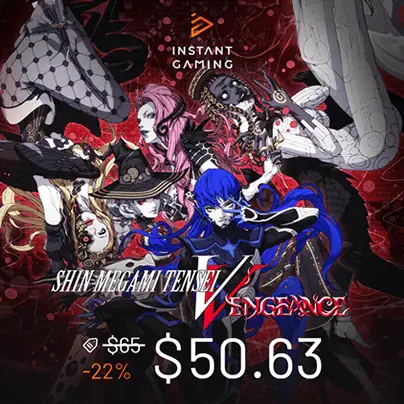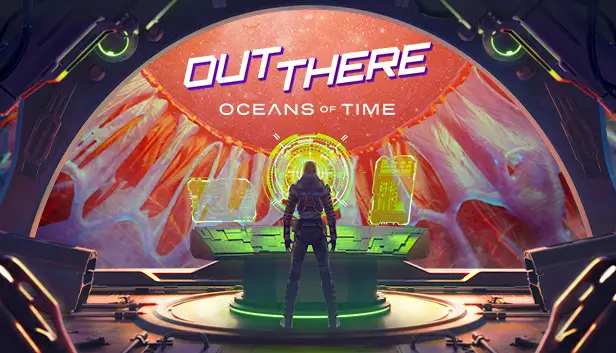FIRST TURN – INTRODUCTION
Mi-clos studio – the developer behind Out There, was first created in 2010. From the beginning, it was clear that they had a clear fascination for space. Their first game was Space Disorder. Next, they worked on a turn-based space exploration game Out There, released in 2013. So, my first question follows suit. Answering me will be the founder himself – Michael Peiffert.
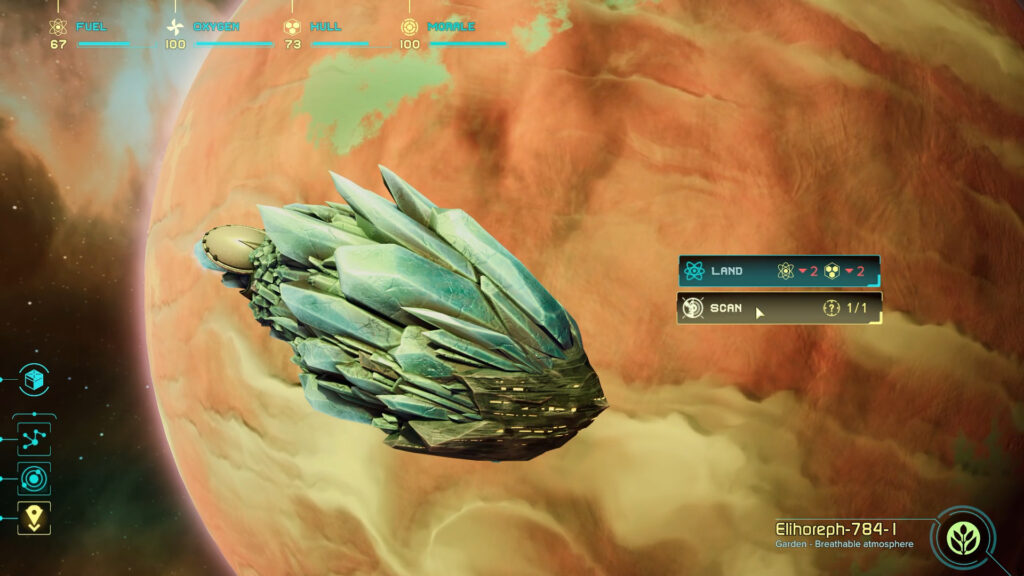
What was it that most fascinated you about space – that you were adamant about developing it into a video game?
I’m a long time sci-fi lover, mostly through movies. I’ve been introduced to sci-fi with Robocop when I was 8. I was immediately fascinated. Hell, I even drew a comic book about it in my notebook. From there, I wanted to watch every single sci-fi movie; Alien, Total Recall and, of course, Space Odyssey came shortly after in my watchlist. Those movies grew my fascination for space specifically. Whether it is the fantasy about it, the proper science behind it, or the metaphysics questions it raises to a simple human like me.
Space is also the most hostile environment to living beings, which makes it even more fascinating for explorers and dreamers. It pushes us to think outside the box to overcome future mankind challenges and sparkle our imagination to create fantastic stories.
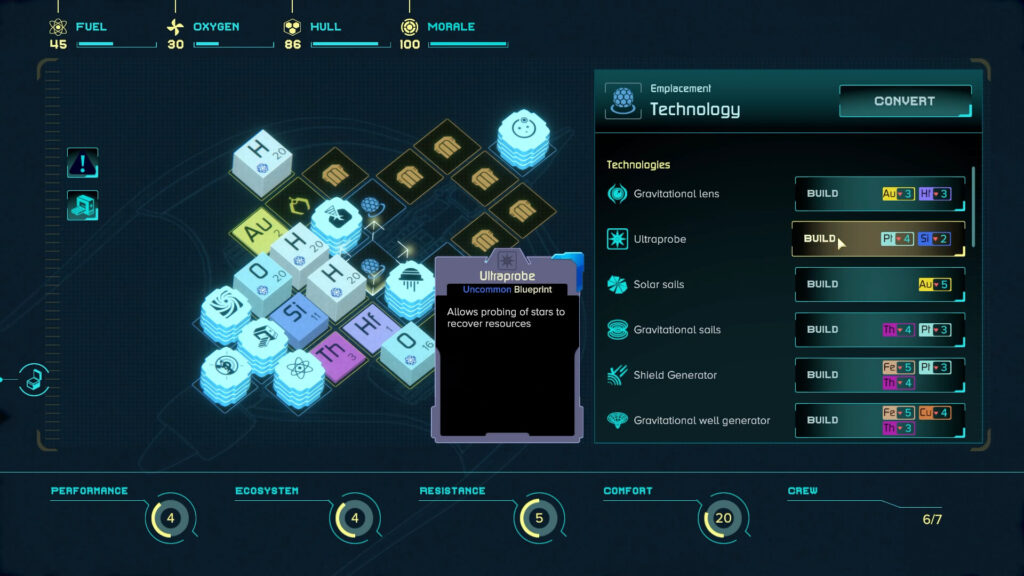
SECOND TURN – WORKING AS AN INDIE STUDIO FOR 12 YEARS
As an indie studio, you have been around for more than a decade. How was the indie gaming landscape in 2010 compared to now?
It was very different back then. There were very few indie studios and it was all very experimental and exciting. You could easily come up with a very novel design concept and find an audience. Nowadays, indies are much more professional in their approach and backed up by a more sustainable ecosystem. Which is a good thing. But it’s also a more competitive environment in the sense where the market is crowded by new games and you have to struggle to get yours noticed. On a personal scale, I took a stance to create a better work environment for me and my team. I used to crunch when I was a solo-developer, which really affected my mental health. I stopped this practice the second I recruited my first crew member.
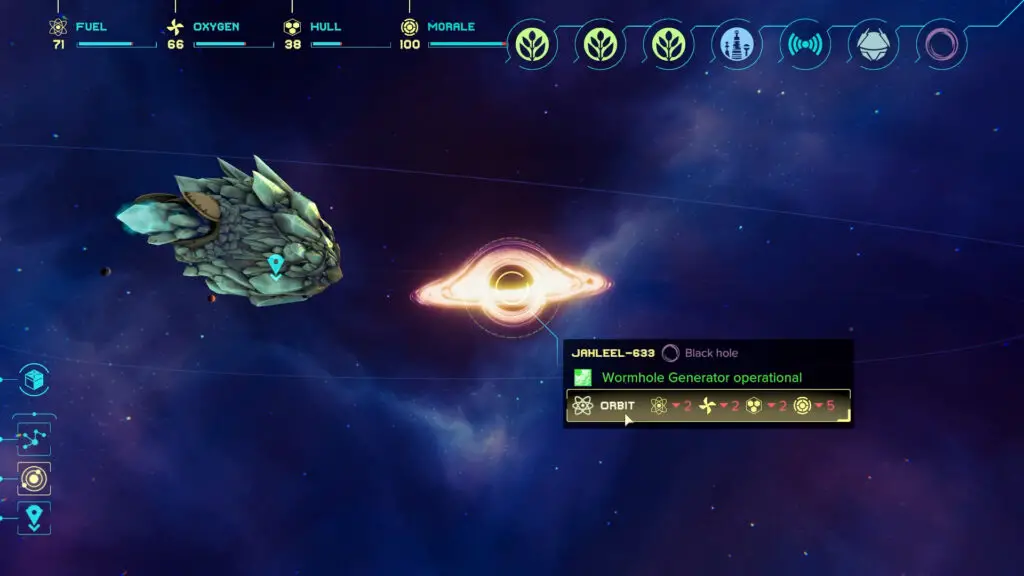
THIRD TURN – WORKING ON MOBILE GAMES
You mentioned that you had experience with marketing during your years as an indie studio. How was that experience, and how did it change over time?
My experience in marketing really helped me getting my work noticed when I’ve started my studio. I’ve tried to help other indie devs as much as I can with that too – I even published third party titles for a time. But over the years, I’ve lost interest in it to focus on creating games with my team. Which is why I quitted marketing in the first place. I’m glad our publisher is handling that now.
FOURTH TURN – WORKING ON MOBILE VS WORKING ON PC
What was it about the mobile platform that you liked best, especially compared to the PC?
With its low barrier to entry, the mobile platform gave me the chance to create my first games with basically nothing and put it in front of billions of eyeballs. That’s one thing. Mobile games are an interesting format for game creators. You can build up on simple ideas to make them big while keeping the game fairly manageable for a small team to actually make a release.
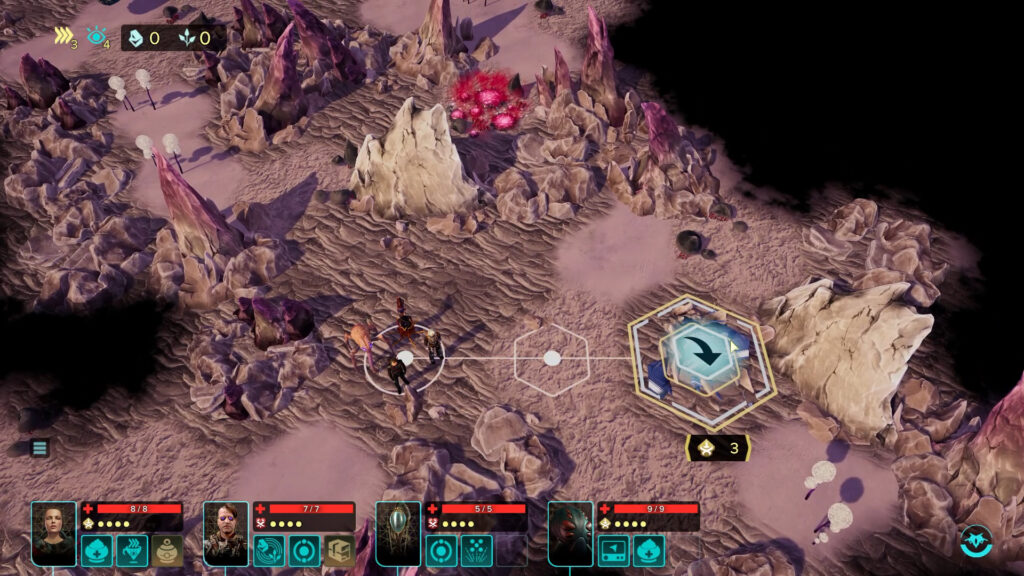
FIFTH TURN – THE FIRST SUCCESS
I would say the studio’s first success was indeed the original Out There, a game that soon got many fans, both on mobile and on PC. How was it, working on the original game? What lessons would you say were learned?
As I said, the beginning of my career as a game developer was harsh. Working on Out There was harsh. I was in a situation where I had limited resources to sustain myself and my family. And the game is precisely about that. Making the best out of what you have left. I’ve learned a lot during the development. Basically everything about game development, from programming to marketing. The big takeaway, though, is that I managed to express something very personal through the whole process. And it’s something that still fuels my passion to make games.
The critical reception was overwhelming. It was rewarding to get feedback from players from around the world telling me that it resonates personally with their own experience. And in this regard, I feel lucky I experienced this. The other side of the coin is that I suffered from a heavy burn-out that it took me a few years to recover from. That’s why I’ve been very discreet those past years.
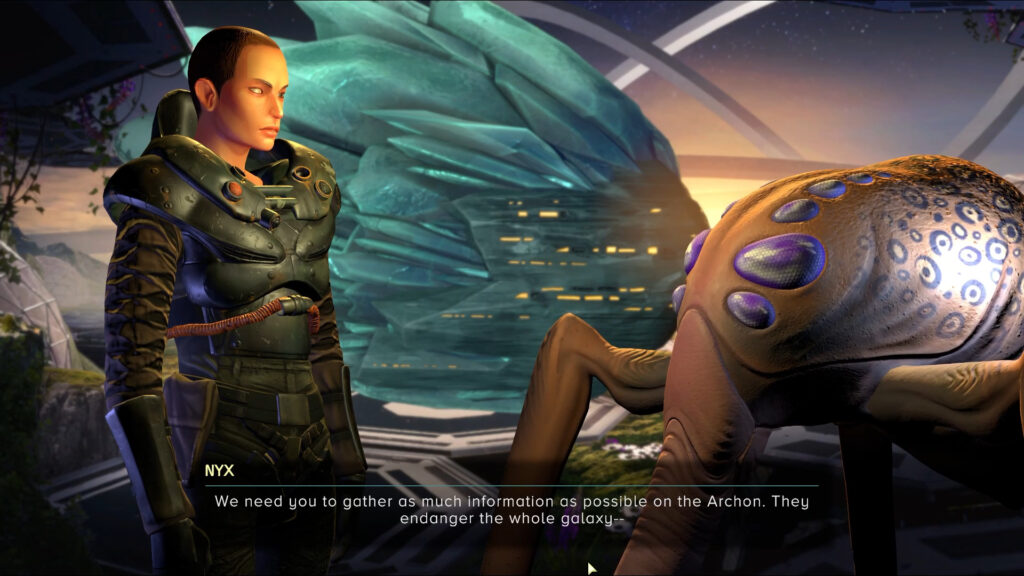
SIXTH TURN – THE SECOND SUCCESS: SIGMA THEORY
After spending a year caring after Out There, your second game, Sigma Theory, was also quite the important work for the studio. How was the experience? Were you satisfied with the overall critical reception?
Sigma Theory has been a turning point for the studio. This project was an opportunity to move away from mobile and develop a ‘grand strategy’ game for the PC, which is a platform I’m more aligned with. That was quite a big challenge for me and the team. But while Sigma Theory has its own quirks, it’s got a great reception nonetheless. And I think it’s an interesting take on the genre while also having something to say that goes beyond ‘gameplay’.
SEVENTH TURN – WORKING ON A SEQUEL
We can imagine that deciding to develop a sequel to a game that is almost ten years old might be quite the difficult task, especially one that has as many fans as the original Out There. What are you hoping to bring to the fans?
This game was designed to gather fans of the original game as well as the fans of the Out There: Chronicles spin-off games. It’s still got this sense of exploration and survival while introducing a more RPG-esque narration carried by an amazing cast of characters. It’s still got mesmerizing short stories and numerous and radically different endings; something our old time fans were fond of.
With Oceans of Time, we also fleshed out the lore and opened a window to get to know better the different forces at play in the universe.
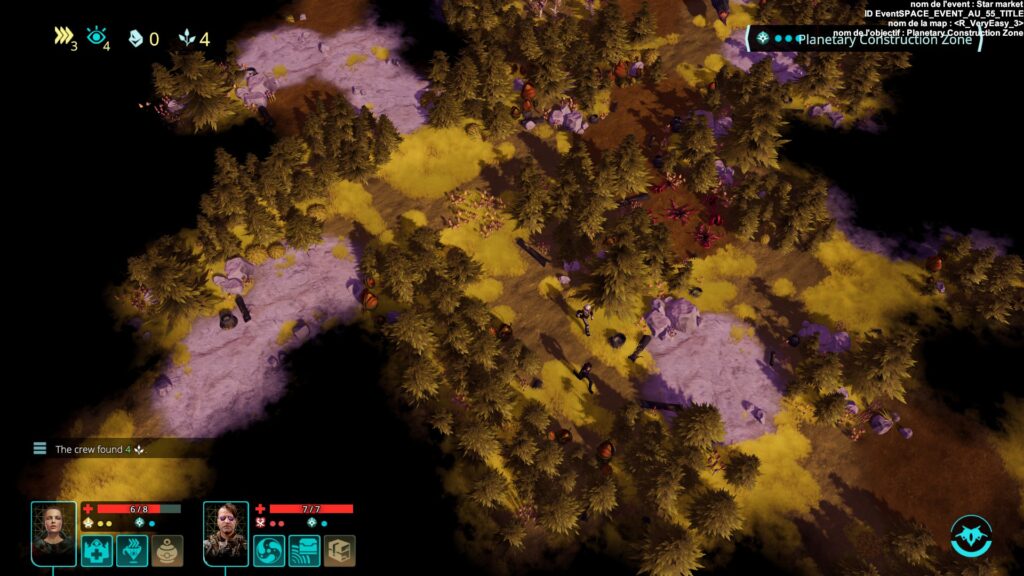
EIGHTH TURN – IMPROVING ON A TRIED AND TRUE FORMULA
Were there any specific aspects of the original Out There that you are hoping to improve on, and if so, how are you working on those?
Every team member is a fan of the original game. Every one of them wanted to improve on every aspect of the original game. And we won’t stop there. Personally, I’m humbled how the art team created 3D characters, spaceships and environments from my original drawings I did years ago. It’s just like everything came alive all of a sudden. A fantastic experience and feeling!
NINTH TURN – CREATING A NEW STORY
Are there any specific aspects of the story and lore in Out There that you’re particularly proud of, or you hope the public will appreciate?
Oceans of Time was an opportunity for us to flesh out even more the lore we’ve developed through the games and books we’ve released. Hardcore fans of the franchise will be delighted to leave the curtains on a few things we’ve barely mentioned here and there. Moreso, in a true Out There fashion, the story offers numerous plot twists and outcomes. And some of them are just mind-blowing.
Good luck finding all of them!
FINAL TURN – PLANS FOR THE FUTURE
What are your next steps for the studio, plans for the future?
I have big plans for the studio in the coming years. I’d love to continue growing the team, and the games too, while keeping our creative singularity intact. We’ll surely continue exploring the universe of Out There. But we also have crazy stuff up our sleeves awaiting…

